
Bloomsbury Economics recently released their 2019 Indigo Wellness Index which ranks 191 countries according to various measures to find out which are the healthiest and unhealthiest. The results are disappointing for South Africa to say the least; we were ranked the unhealthiest country in the world.
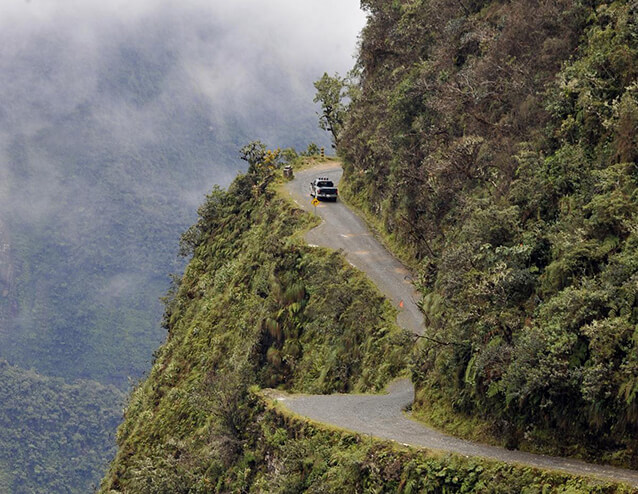
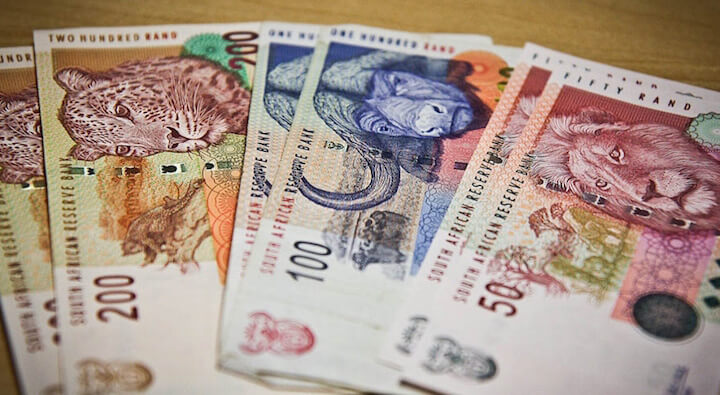
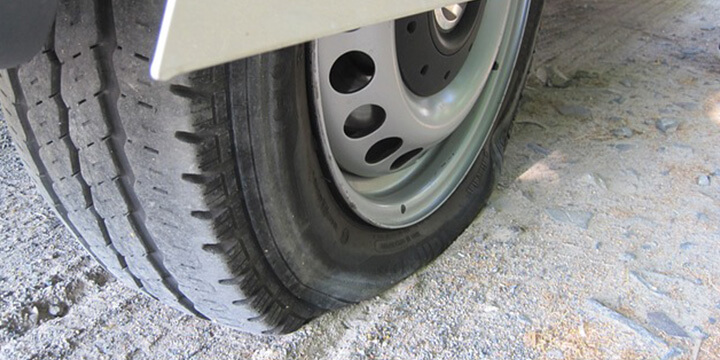
According to NAAMSA, South Africans have been buying an average of 40,252 new cars each month since 1994! Of course, some months were better than others; the highest total vehicle sales figure for a month was 65,689 in August 2006, and the lowest was 18,482 in April 1994, according to Naamsa Sales Reports.
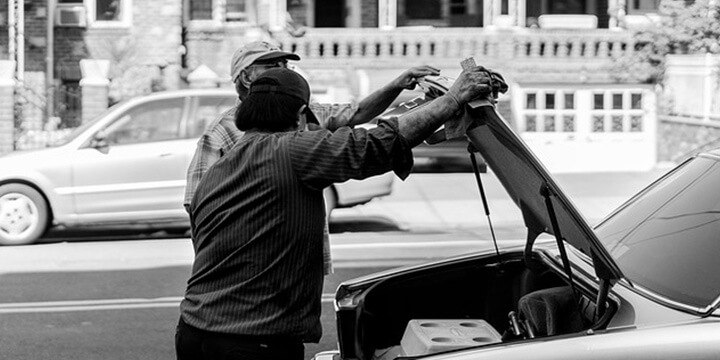
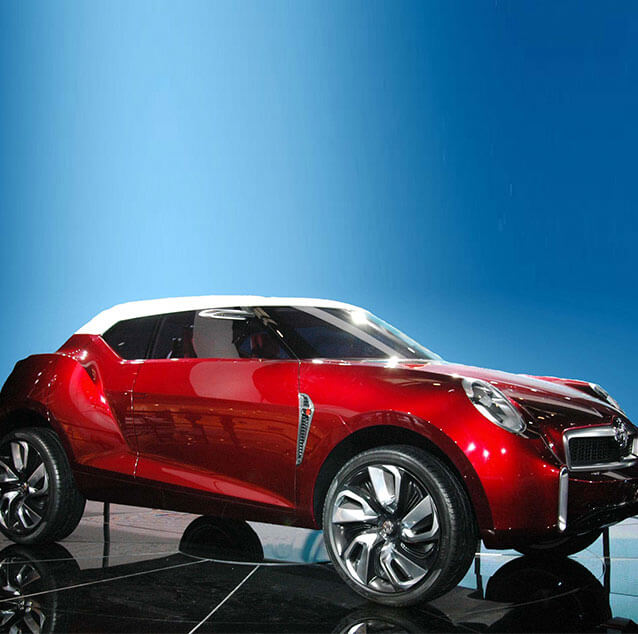
From the time the first automobiles were mass-produced, manufacturers have raced to improve on their vehicles and trump their rival automakers. The first petrol-powered combustion engine car, the Benz Patent-Motorwagen, was produced in 1885 and pioneered the automotive world with its three wheels and open top.
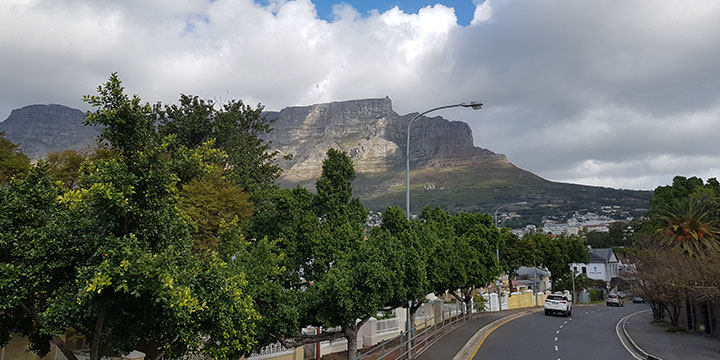

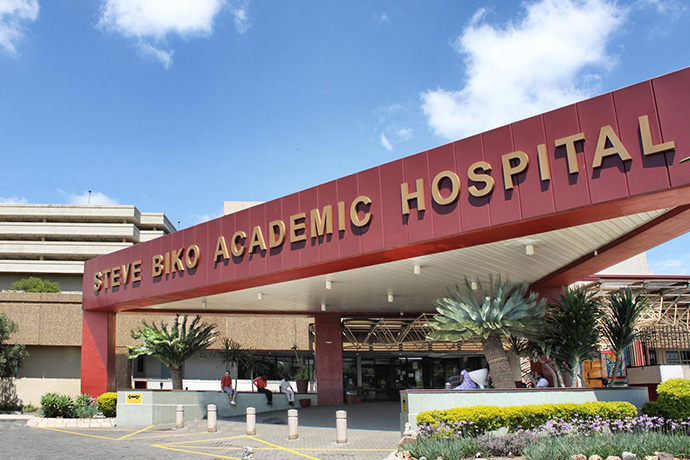
You’ve probably heard many National Health Insurance (NHI) debates recently and seen headlines about the Bill; relevant to all South Africans. However, confusion remains concerning its role out, economic effects and its consequences and benefits for all South Africans as well as the role private medical aids will play in this scenario.
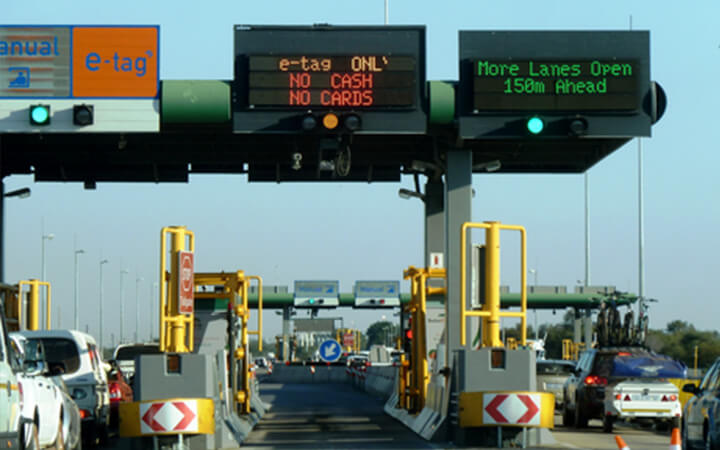
South Africa has seen a rise in road accidents resulting in injury or death over the past decade as showcased by the vehicle accident reports of South Africa presented by StatsSA and Automobile Association. According to research presented by the Automobile Association (AA), South Africa is facing a major crisis with road safety, as the national road death toll has been hovering well over 11,000 deaths per year since 2007.

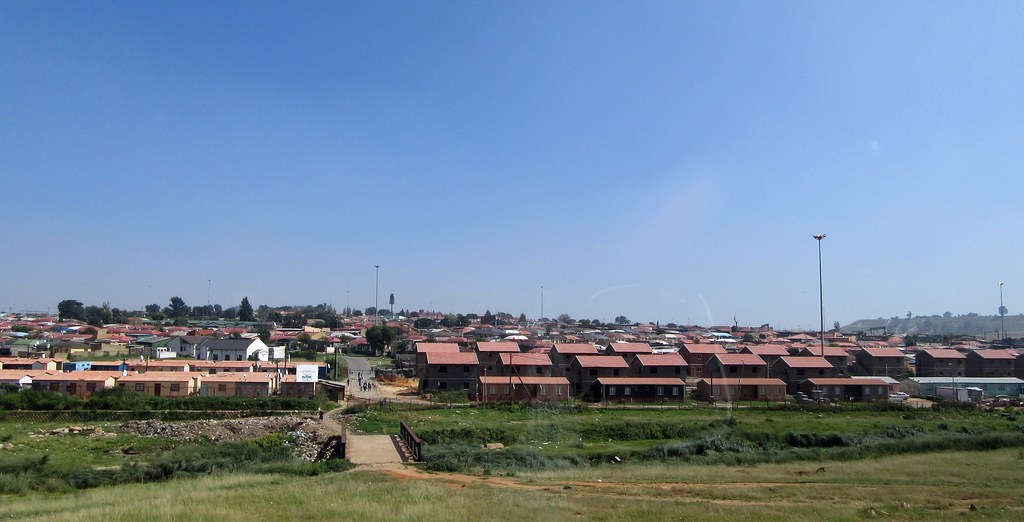
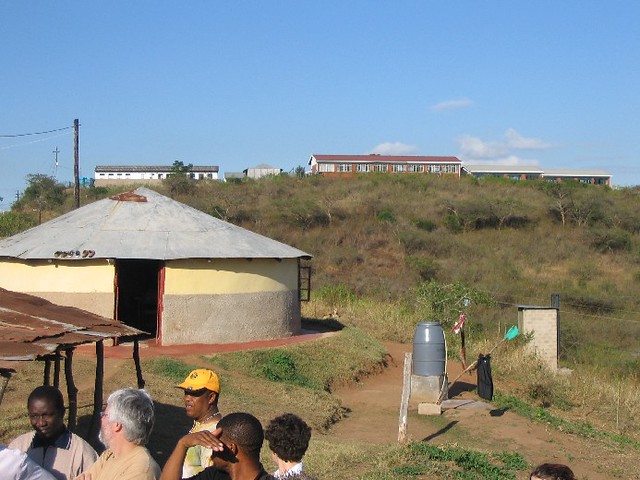
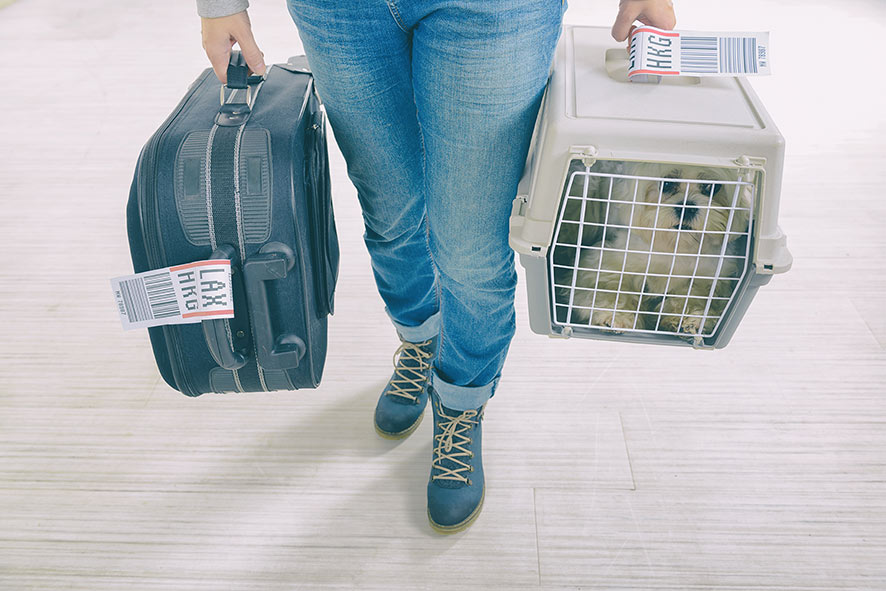
Their playful faces, adorable kisses, and joyful personalities make us treat our pets as family members. For many pet owners, going on holiday without their furry friends is unthinkable. If you plan to travel with pets, here’s a basic guide to making it as safe and enjoyable as possible for them and yourself.

Modern drones have been widely available for just over a decade, and in that short time, humans have found countless uses for them, some that already seem as if they’re straight out of a Hollywood sci-fi blockbuster. Hippo.co.za looks back on the history of drones and forward to their potential for great (and not-so-great) applications.

The South African Reserve Bank says our country’s consumer debt amounts to nearly R1.73 trillion, and the National Credit Regulator says that 40% of indebted people are behind on repayments of some kind. While some debt is perhaps a normal part of life, being over-indebted is something that should be avoided.

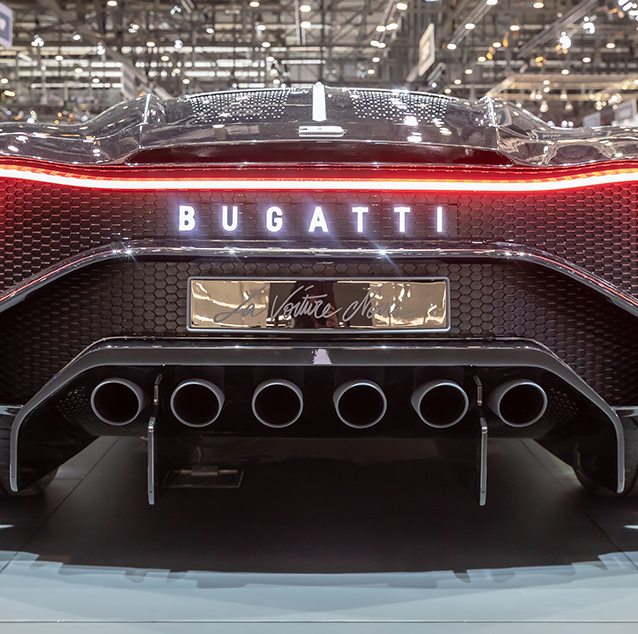
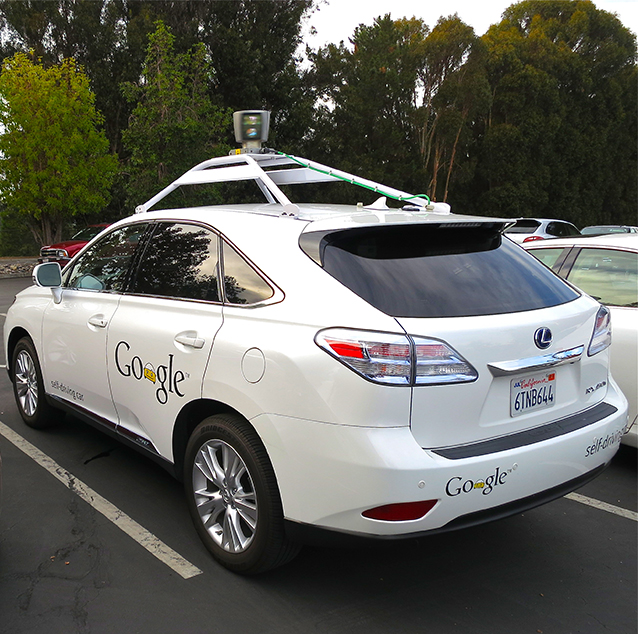

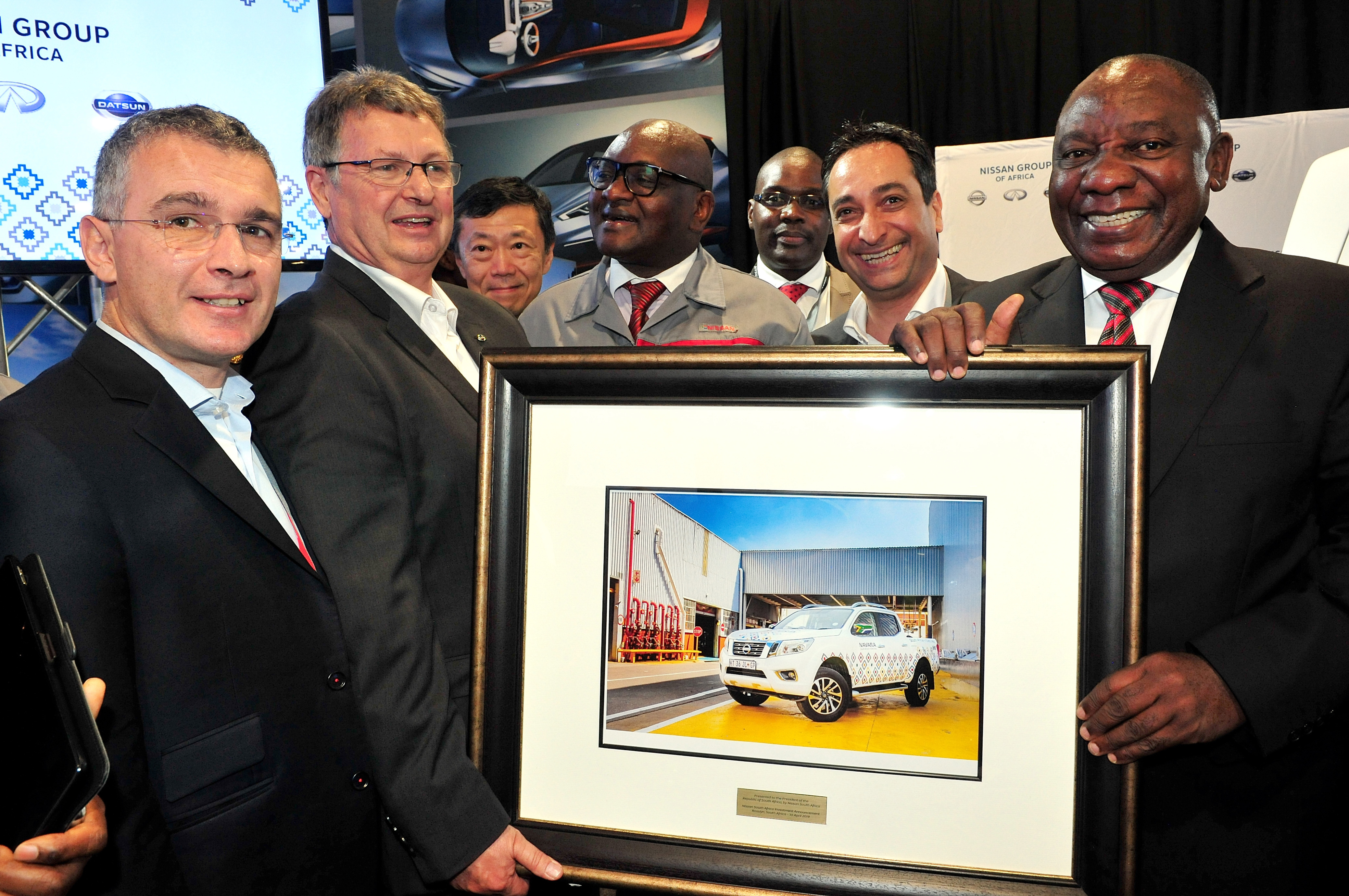
Nissan Motor Company announced their intention to increase production at their Rosslyn plant in Pretoria, South Africa on Wednesday 10 April. The plan follows their recent halt on producing new models at their Sunderland production plant in United Kingdom due to ongoing negotiations and uncertainties surrounding Brexit.

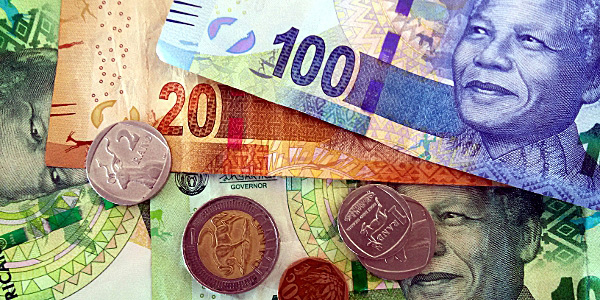
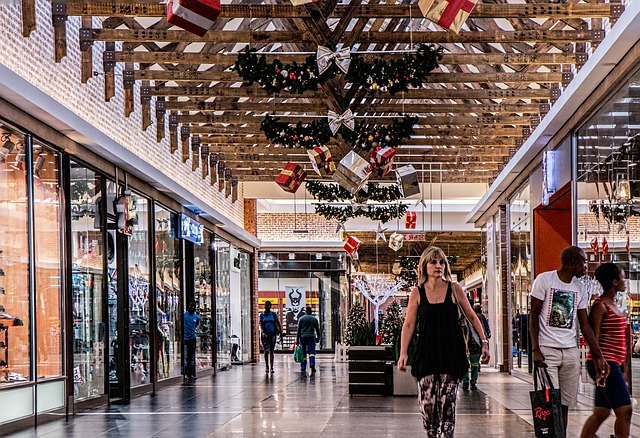
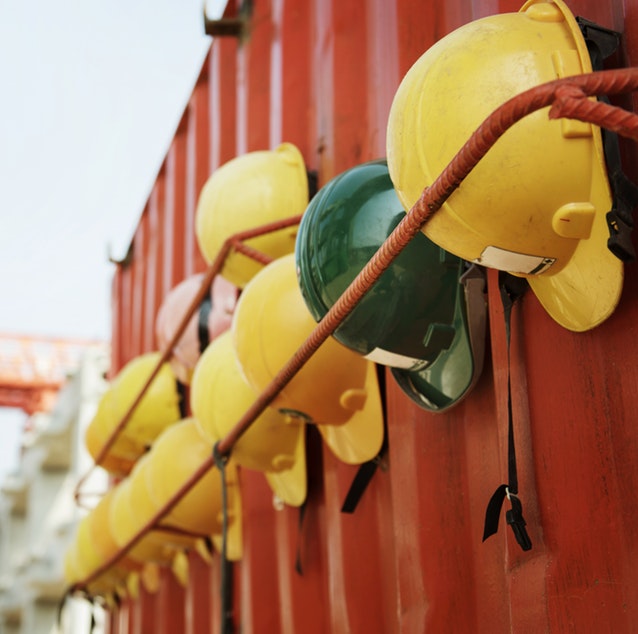
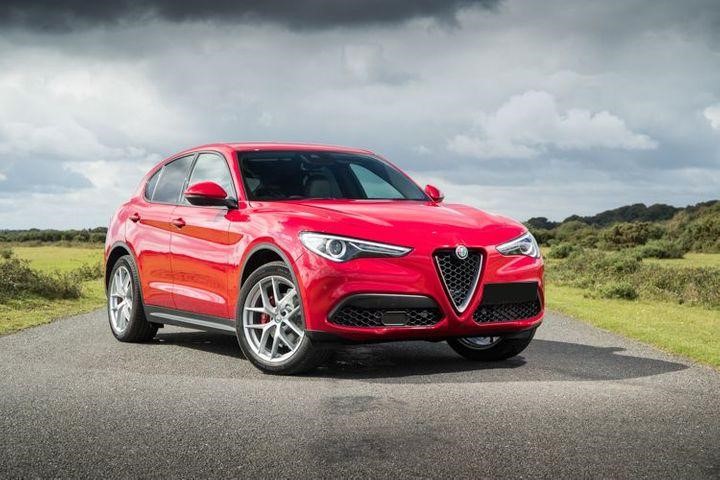



Despite high accident rates on South African roads, relatively few drivers have car insurance. According to the Automobile Association (AA), there are currently around 11.4 million registered vehicles on South African roads with only 30% to 35% covered by insurance. The report also states that roughly 800 000 vehicles are either unregistered or aren’t roadworthy.

Government have vowed to explore ways in which to mitigate the negative effects on South Africa’s rising fuel prices. Deputy president, David Mabuza has confirmed that “government is currently considering available options to address the costs of petrol and diesel.” From July 2017, to July 2018, the fuel price increased by 25.2%.

The National Consumer Commission (NCC) recently called on customers to be observant of the “sell -by” dates on products to avoid using foul goods. NCC deputy national commissioner, Thezi Mabuza said that if consumers discover that the products they have been sold have expired, they should take back the products to the supplier, according to a report.
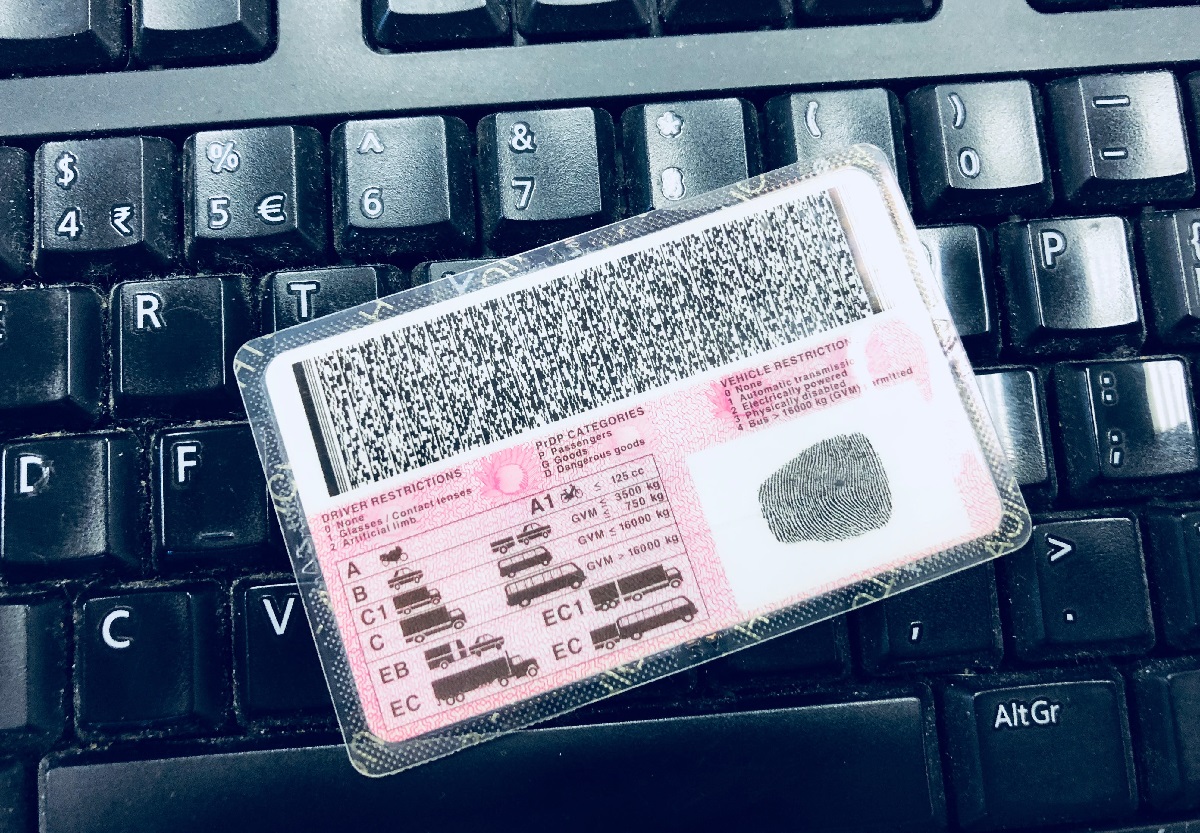
In an effort to streamline the driver’s licence renewal process and curb corruption, the Department of Transport and the Road Traffic Management Corporation (RMTC) has rolled out The National Traffic Information System (NaTIS), a new online booking platform that makes it easier for drivers for keep their licenses up to date.

If you are considering buying a new or used car, doing research before you set foot in a showroom will not only help you find the perfect car, but also help you keep an eye out for red flags. There are a variety of ways scammers can take advantage of car buyers, which can result in a financial nightmare that hits the victim’s pocket hard.

South Africans shell out more money filling up their petrol tanks than they do on new cars, according to data released by Statistics South Africa. In an analysis of the latest motor trade sales for 2018, it was revealed that the average fuel spend was R 14.75 billion of the total consumer expenditures in the motor trade sector. By comparison, around R14 billion of the income generated in the automotive industry this year, came from the sales of new cars.

The Minister of Public Service and Administration, Ayanda Dlodlo, has announced plans to launch the government’s ambitious Public Service Graduate Recruitment Scheme in the coming years. This sets out a long-term vision for how the government will help graduates get a foothold in the working world and decrease the unemployment rate among young people.

Could the gadgets that are widely promoted as a safer alternative to using a cell phone be just as risky as manually making or receiving a call or text message at the wheel? According to the National Safety Council (NSC) in the United States, they might be. Their argument? Using devices such as a Bluetooth earpiece or dashboard holder is every bit as big a distraction as handheld cell phone use.

Congestion in Cape Town and Johannesburg remains one of the biggest headaches for South Africans. Unfortunately, the problem only seems to be getting worse year on year. In 2016 traffic app developer TomTom declared Cape Town the most congested city in the country, informally taking the title from Johannesburg.

Store accounts have overtaken credit cards as the most frequently-used credit payment method, according to a recent report by debt counselling firm Debt Rescue. The study, which looked at the types of debt incurred by consumers under debt-review, the age-group debt exposure and the debt-type ratio, found that the number of customers who shopped on their store card increased by 5.6% from 15.2% to 20.8% during the first quarter of this year compared to the same period last year.

In 2017, Gumtree launched its first pre-owned vehicle awards, in order to recognise and award the best-selling second-hand cars in South Africa. While the used market has slowed down, it still outruns the new market. As of 2017, the demand for new cars had increased by 3% from 2016, while the demand for used cars decreased by 1.5%.


A host of factors have been contributing to the steady increase of traffic on Cape Town’s roads, so much so that it’s officially the most congested city in South Africa. The city’s infrastructure is being pushed to the very limits to try and deal with all the congestion, but unless something drastic happens, and quickly, it looks like the situation will only continue to worsen.


To support your claim for credit worthiness, the National Credit Act (NCA), previously required you to provide proof of your income when applying for credit such as Personal Loans. While the confirmation of gross income is still a key lending criterium that credit providers must follow, a recent ruling by the Western Cape High Court removed the requirement for proof of income documents on credit applications.


According to Andile Mazwai, CEO of the National Stokvels Association of South Africa (NASASA), there are around 11 million people in the country who belong to one or more stokvels, with the industry estimated to be worth around R45 billion. While the system has remained hugely popular in recent years as a means of saving for various situations, its history dates all the way back to 1932, with burial stokvels.

Keeping up with maintenance is perhaps the single thing car owners can do to extend the operating lifetime of their vehicles. Failing to regularly service one’s vehicle not only creates a safety hazard on the road but may also result in mechanical breakdowns, which do not qualify for Car Insurance payouts.



On 21 February 2018, former Finance Minister Malusi Gigaba delivered his first and, subsequently, last budget speech to the nation. While the budget was tough in order to increase the country’s revenue and secure free higher education, South Africans will be feeling more financially strained in the coming months, although the most vulnerable households have been thought of and cared for. The key elements of the budget speech are outlined below.

Have you been receiving text messages on your mobile phone claiming to come from your bank, asking you to provide your login details in order to claim a prize? You’re not alone. According to the Ombud for Banking Services, a growing number of consumers have escalated phishing-related disputes with their bank in the last year.

A significant change to the insurance market in South Africa is now a reality after the long-awaited Insurance Bill was signed into law by President Jacob Zuma. The Bill, which made its way through the agenda of the National Assembly in December 2017 and finally landed on the President’s desk in mid-January, will give lower-income citizens access to micro-insurance.




The National Credit Regulator (NCR) in October 2017 ruled that the addition of on-the-road fees to vehicle finance agreements is not among the list of extra charges permissible by the National Credit Act. The NCR notice was the result of an investigation into VW Financial Services and BMW Finance, who were found guilty of slipping in additional costs into car buyers’ bills.

The international market research group Ipsos recently released their annual vehicle quality survey findings which were obtained from over 7 000 interviews with vehicle owners who bought new vehicles in 2016. This survey highlighted a number of positive points about the South African automotive industry, such as the fact that South African vehicle buyers have one of the widest selections of new vehicles to choose from and very high standards with respect to vehicle quality.


Research results of a joint venture between research house, Lightstone Explore, and vehicle tracking company, Tracker, has provided insights into the driving habits of thousands of motorists in South Africa, which reveals that Sasol service stations attract the greatest number of motorists per service station in the country, with Shell service stations taking second place, reports Engineering News.

While the trending scams in South Africa today may be a bit different to the Trending Scams in South Africa a few years ago, they’re just as prevalent as ever. The South African Reserve Bank (SARB) is currently investigating 19 potential deposit-based scams, and within the last five years over 5 000 advance-fee schemes have been reported.
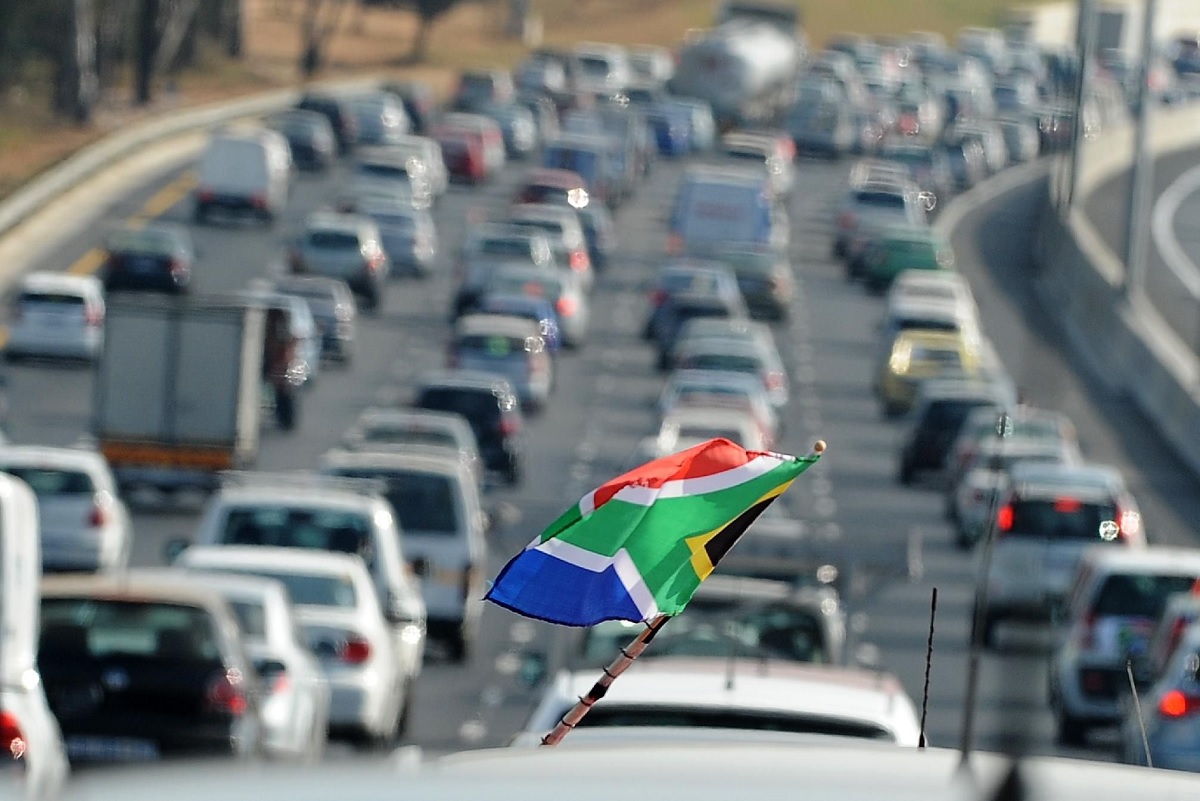
On 6 October 2017, Minister of Transport, Joe Maswanganyi announced that motorists renewing their licences in 2018 will be paying substantially more. The increase is significant compared to previous years, with the Justice Project of South Africa (JPSA) calling on the minister to justify the hefty increase.


The sale of fake medical certificates has become a booming business in Cape Town, with 10 unregistered or illegal practises recently revealed to the public by the Health Professions Council of South Africa (HPCSA). The list consists of practitioners from the areas of Gugulethu, Kuils River, Makhaza and Khayelitsha.


Drivelines Studios, a new urban development project which began in 2014 in the Maboneng area of Johannesburg, has officially opened. The project brings affordable housing to the city, with the use of recycled and transformed ISO (International Organisation for Standardisation) containers built into a multi storey apartment block.

The celebration of Black Friday on 24 November, which spotlights the best deals, discounts and prices in retail, marks the official start of the festive shopping season. The staging of a day of promotional sales is a trend that has grown into the biggest shopping day of the year and continues through to Cyber Monday on the 27th November, when online stores give consumers another chance to bag a bargain.




















Every year, research universities and hospitals announce new medical discoveries that make the world's most dreaded diseases seem less severe by offering new treatments and medications. Now, scientists have made another breakthrough that could pave the way for new treatments for HIV/AIDS and cancer.

A study conducted by the Lightstone Property Group for the 2015/2016 financial year revealed surprising results, with the study showing that the administrative capital of South Africa also happens to be the car crime capital. The Pretoria CBD recorded the highest number of car crimes, and not Johannesburg, as would have been expected.

Debit orders make it easier for consumers to stay on top of their monthly bills, whether it’s a retail account or a Personal Loan. But, the automated payment system also has a dark side: that dreaded SMS notification from the bank informing account holders that money has been collected from their salary by an unfamiliar creditor. What follows is an often inconvenient process to dispute and reverse the debit order.

While social grants were successfully paid on Tuesday, 4 April 2017, the South African Social Security Agency (SASSA), has admitted that the crisis over the distribution of social grants should not have happened. While a new service provider will be appointed by December 2017 in order for grant payments to continue, let’s find out how the crisis happened in the first place.

Old Mutual’s Long-Term Perspective Report for 2017 highlights a frightening picture of the escalating living costs for South Africans in the next 10 to 25 years. Among other things, the report reveals how inflation will impact the cost of buying a car, getting private healthcare and sending your child to school in the near future.

General Motors (GM), manufacturers of the well-known Chevrolet and Opel vehicles, announced on 18 May 2017 that it would withdraw its business from South Africa. The US company has been based in Struandale, Port Elizabeth since 1926, briefly pulling out in the 1980s due to the apartheid regime but re-entering again after the fall of apartheid.





















As Europe celebrates the 20th anniversary of Euro New Car Assessment Programme (NCAP) star ratings, the Automobile Association (AA) is calling for the implementation of a similar South African safety ratings system – albeit one that would require crash test results to be displayed on all new selling vehicles.


High school pupils will soon be adding a new subject to their timetable that would have them learn how to drive a vehicle and get a good working knowledge of the rules of the road. This is the result of a partnership between the Road Traffic Infringement Agency (RTIA) and the Department of Basic Education, aimed at giving students a head start on their driving abilities, Business Tech reports.


A controversial transformation of language policies in schools is just one of the new ventures government has in the pipeline for the basic education system this year. This comes after the Constitutional Court in 2016 ruled that school governing boards will no longer have the authority to influence policies, admissions, fees and dress codes.


Government last year unveiled plans for new road and traffic regulations in an attempt to improve road safety. The potential amendments, first outlined in the 2015 Government Gazette, proposed lower speed limits, that bakkies be forbidden from carrying children in the load bay, and that trucks be banned from sharing roads with peak-hour traffic.












Despite the negative outlook for crime reported by the South African Police Service in 2015, a new book titled A Citizen’s Guide to Crime Trends in South Africa by University of Cape Town scholars Anine Kriegler and Mark Shaw, claim that the physical safety of the majority of South Africans has, in fact, significantly improved over the last twenty years.

Households looking to power up the green way will have to install their own solar panels since Eskom won't add more renewable energy to the national electricity grid soon. According to Eskom's CEO, Brian Molefe, the country's energy provider decided to pull the plug on new contracts with independent power producers as they found that the Integrated Resource Plan (IRP) of 2011 is economically impractical.

The Credit Ombud – an organisation started by the National Credit Regulator to solve disputes between consumers and credit providers – has tightened the reins on credit providers for apparent irresponsible lending practices in 2015. Their mediation has led to the cancellation of many consumers' principal debts or interest charges, the Ombud's latest report [PDF] shows.


The vaccination debate has been around for decades, but recently the anti-vaccination movement has gained momentum in South Africa. With celebrities adding their voices to the debate, it’s drawing arguments from all sides, even though there is currently no scientific evidence proving the harmful effects of vaccines. Although the Health Department strongly recommends vaccination, it is not compulsory, and an increasing number of people are choosing not to vaccinate their children.

















The fear of load shedding has been on every South African’s mind as winter fast approaches. With 2015’s major blackouts vividly remembered, South African’s have been unsure of whether this situation might repeat itself in 2016. Eskom has recently tried to put those fears to rest after announcing that if all current maintenance on the country’s power plants goes according to plan, the country will be free from load shedding throughout winter. After President Jacob Zuma’s visit to Eskom’s headquarters on Friday May 6, he reiterated that he is confident Eskom has done enough to prevent blackouts for the rest of the year. South Africans therefore, don’t have to worry about power outages, effects on productivity, power surges or damages to home contents just yet.

South Africans have been holding their breath recently awaiting the outcome of a review by Moody’s, an independent investors service that ranks the creditworthiness of businesses, and in this case, countries. This review was to determine whether South Africa was still considered investment-worthy or not. South Africans were relieved to find out this past weekend that Moody’s still considers our country to be two notches above the borderline for junk status. This means that, for the time being, inflation is stalled; the value of the Rand has stopped plummeting; and government, businesses, and even individuals don’t need to worry about rising interest rates on their loans just yet.






































